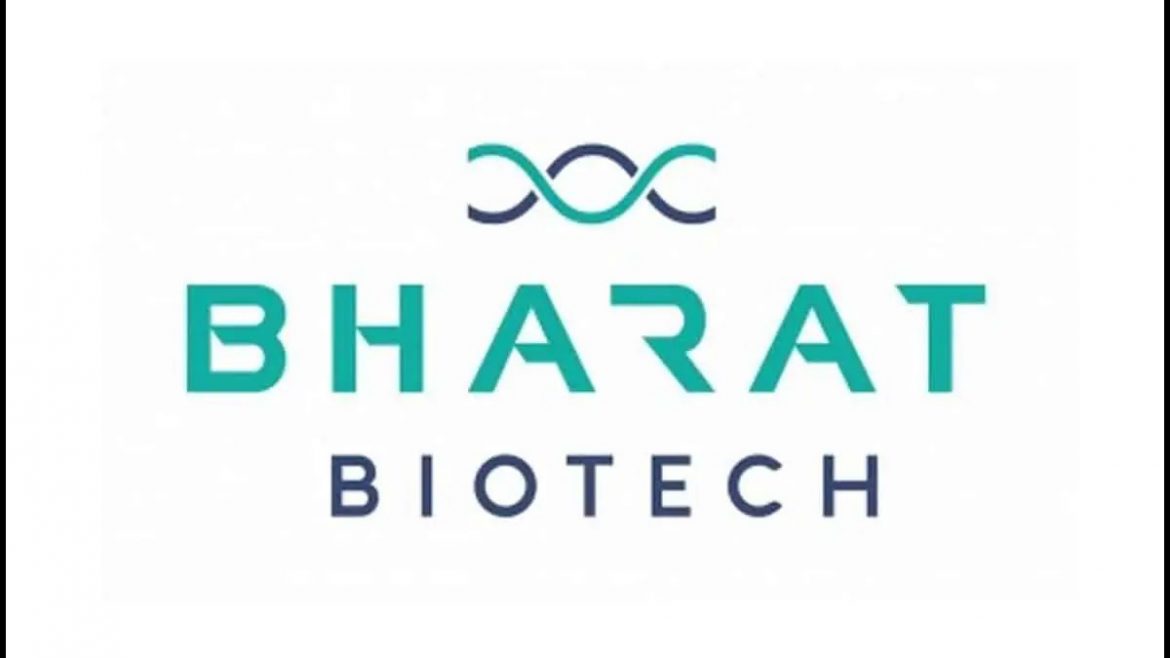The nasal Covid vaccine iNCOVACC from Bharat Biotech has been given the green light by the national government for use as a booster dosage for persons above the age of 18 in the nation’s immunisation programme. The nasal vaccination can be used as a heterologous booster dosage for those who have already received Covishield and Covaxin, according to the Union Health Ministry. Starting today, the vaccination will be accessible through the CoWIN app. The iNCOVACC has been authorised by the Indian government and will be administered to adults over the age of 18 as a heterologous booster dosage.
Starting today, the vaccine will be a part of the Covid-19 immunisation campaigns and will be accessible in private hospitals. In this context, the CoWIN platform will also be changed. In heterologous boosting, a different vaccination from the one used for the initial dosage series was delivered.
In November, Bharat Biotech International Limited (BBIL) reported that iNCOVACC (BBV154) has been given the go-ahead for heterologous booster doses in India under Restricted Use in Emergency Situation for Ages 18 and Above by the Central Drugs Standard Control Organization (CDSCO).
Adenovirus-vectored vaccine called iNCOVACC has a pre-fusion stabilised SARS-CoV-2 spike protein and is recombinant replication-deficient. Nasal drops can be used to administer the vaccination intranasally thanks to special formulation. The nasal delivery technique was created and developed with low- and middle-income nations in mind.
The recombinant adenoviral vectored construct used in the vaccine was created in collaboration with Washington University in St. Louis, whose effectiveness was tested in preclinical tests. The COVID Suraksha Program of the Department of Biotechnology of the Government of India helped to partially finance product development and clinical testing.
At 3 p.m. today, sources said, Union Health Minister Mansukh Mandaviya will convene a virtual conference with State Health Ministers to discuss the Covid-19 situation and preparation.
Yesterday’s high-level discussion on the state and preparation of the public health response to COVID-19 was presided over by Prime Minister Narendra Modi, who also stressed the importance of expanded testing and stronger monitoring with a focus on genome sequencing.
According to the Prime Minister’s Office, there has been an increase in COVID-19 instances in various nations, which is the context for this high-level review conference. PM Modi evaluated the country’s COVID-19 situation, the readiness of the medical infrastructure and logistics, and the state of the national immunisation programme. He also assessed the public health effects of the development of new Covid-19 variations.
The preparation for COVID19 in several states around the nation has been the subject of high-level talks with senior officials over the past two days.
The Omicron sub-variant BF.7, which is responsible for the recent increase of Covid cases in China, Japan, South Korea, France, and the US, has also been found in India. Four instances in all, the first one in July and the most recent in November, have been documented in four different Indian states. Less than 200 instances per day have been reported in India on average for many days. According to reports, there are presently ten distinct Covid-19 types in the nation, with BF.7 being the newest.

